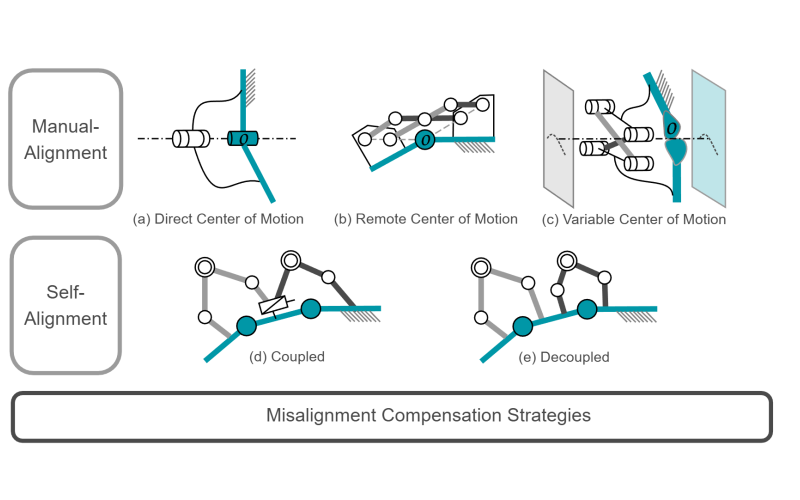
Kinematic Synthesis and Design of Wearable Human–Robot Interfaces
Wearable human–robot interfaces must address ergonomic force and motion interaction to attain usability. This project embeds these requirements at the structural level through kinematic synthesis and modular mechanism design.
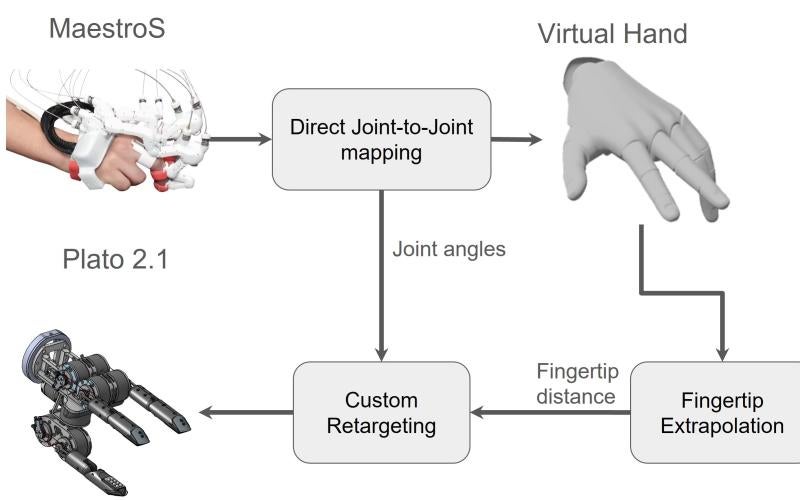
Dexterous Manipulation through Teleoperation with Maestro
Dexterous teleoperation enables operators to control remote robotic systems, leveraging their skills and experience. This project focuses on integrating hand exoskeletons to provide intuitive control, accurate force feedback, and safety for complex telemanipulation tasks.
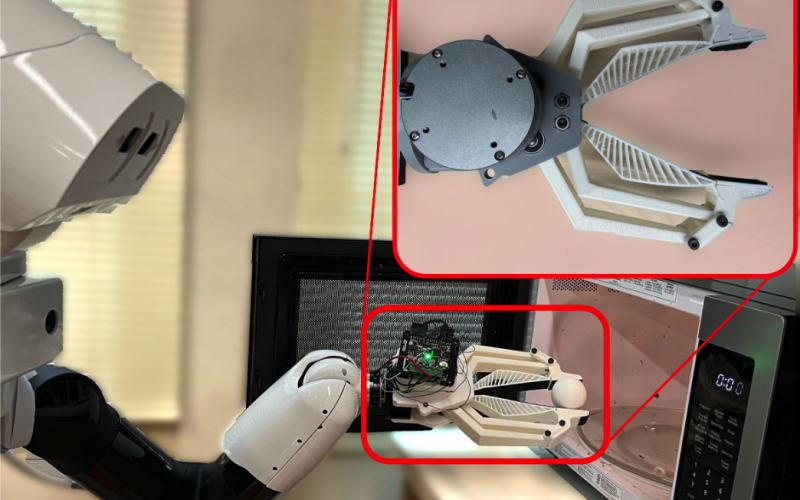
Robotic Manipulation System for Contact-Rich Environment
Collision robustness, adaptiveness, and force sensing are crucial for enabling safe and versatile robotic manipulation in contact-rich environments. This project advances robotic interaction by unifying these capabilities into a single manipulation framework.
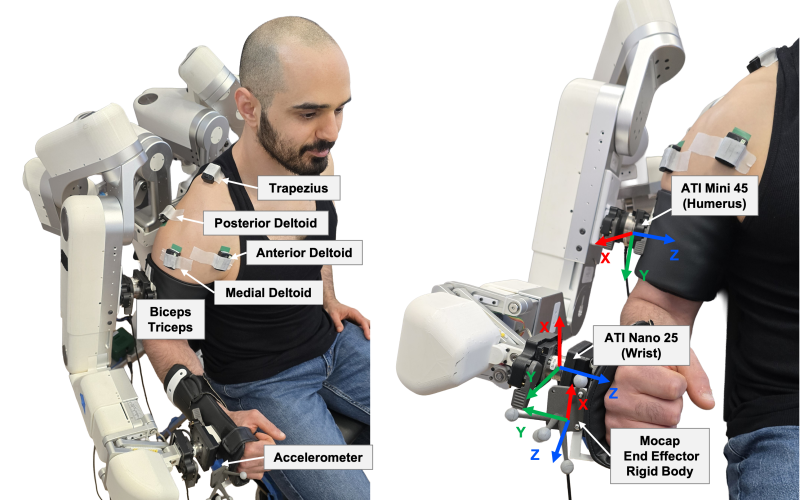
Characterizing human arm dynamics parameters with Harmony
Investigating how low-level biomechanical information can inform and quantify task performance by developing an integrated framework for real-time estimation of upper-arm joint dynamics parameters (time varying stiffness/damping, and mass).
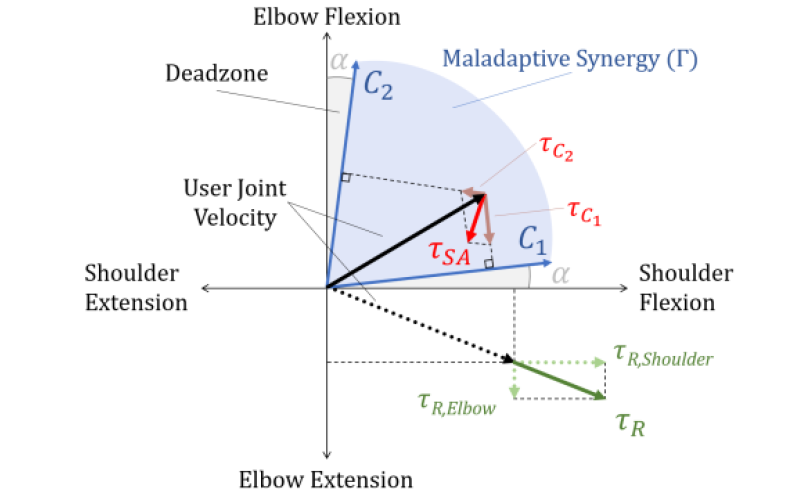
Synergy Avoidance Controller for Stroke Rehabilitation with Harmony
Joint synergies are a crucial part of healthy movement in everyday tasks like grasping and walking, but after stroke, they can become disrupted due to damage in the neural pathways that determine those synergies.
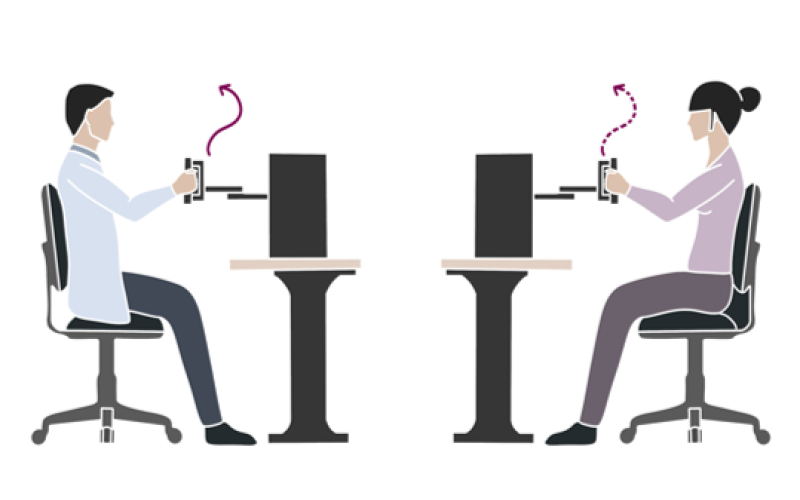
Therapist-Robot Collaboration through Learning from Demonstration Paradigm
Despite widespread use of rehabilitation robots, limited therapist-robot interaction leads to poor adaptability and loss of expert clinical input. By leveraging Learning from Demonstration, this project incorporates therapist guidance in clinically meaningful ways.